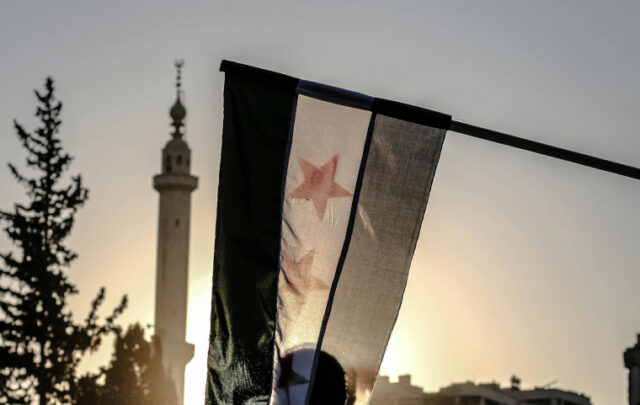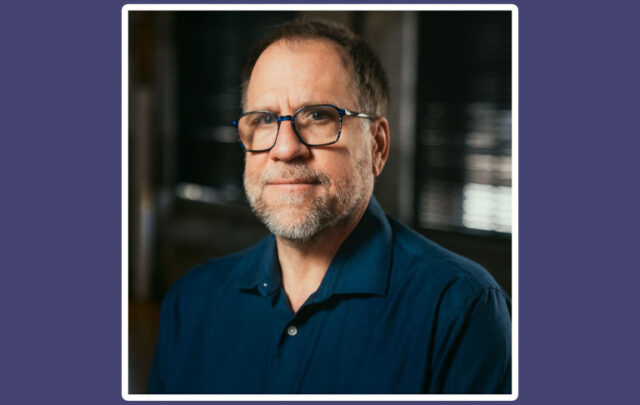That humans are primarily driven by self-interest is an eternal axiom, but what is the self and what is its interest? As we agonize over the harm caused by people’s pursuit of wealth and status, let’s take a moment to reflect on these questions. What if we were to find that people’s individual self-interest is identical to the interest of all humans as well as that of the whole world? Readers of this article probably already believe that their individual self-interest consists in living in a just society on an environmentally thriving planet. Our challenge is convince everyone else that this is also true for them. Just as we define healthy and unhealthy states for our bodies, it stands to reason that there are analogous conditions for our selves that either minimize or maximize them. This is not an unfamiliar notion: we all at times feel diminished or elevated, and my article explores these states, starting with Christopher Lasch’s 1984 study The Minimal Self: Psychic Survival in Troubled Times. It then proceeds to review some representations of full, maximal lives or selves in works by James Baldwin, Henry Miller, bell hooks and Wendell Berry. Adding some further philosophical and spiritual considerations yields a conception of the maximizing self which humans by nature aspire to and that consists of vigorously acting in all of their capacities to achieve the ecological civilization.
Exhibit A of the minimal self is for Lasch those victims of the Holocaust who were paralyzed by fear and therefore rendered unable to responsibly act. Moving beyond this phenomenon he reviews several ways in which people’s selves were minimized in his time that include fear of nuclear war and environmental devastation, lack of autonomy in work and domination by media, especially visual forms that replaces the world of things with images. His work belongs to the tradition of analyzing the impact of modern life on the self that has distinguished a variety of aspects: Oscar Wilde said, “Most people are other people. Their thoughts are someone else’s opinions, their lives a mimicry, their passions a quotation.” According to Jean Baudrillard people’s identities consist in the status significations of their consumer choices; Kenneth Gergen claims that we are bundles of many selves while some Eastern spiritualities maintain that there are no selves at all anywhere.
A more common sense view is expressed by James Baldwin, who said that Blacks want to be recognized as men, that is, human beings, adding that as whites diminish Blacks, they diminish themselves. His writing is a passionate effusion of his self, his own and collective histories, in all of which places also figure. The factor of place in a self is highlighted by Henry Miller’s portrayal of a Greek man in The Colossus of Maroussi, of whom he wrote, “A more human individual than Katsimbalis I have never met.”* He was of the kind that “…come to you brimming over and they fill you to overflowing…When I think of Katsimbalis bending over to pick a flower from the bare soil of Attica the whole Greek world, past, present and future rises before me…The Greek earth opens before me like the Book of Revelation.”†
In Belonging: A Culture of Place bell hooks describes the maximal self as embedded in an ecosystem of family, community, place and traditional culture. Her fellow rural Kentuckian Wendell Berry expands this idea in The Need to Be Whole: Patriotism and the History of Prejudice, asserting that wholeness, which he considers to be true freedom, consists in the life of the small, self-sufficient farmer. For him dependence on others to do one’s own work, industrial capitalism and government is slavery which, as it diminishes the people performing these functions also diminishes one’s self.
Combining these authors’ conceptions of the self gives us an ideal to which we can assent: the self is a vigorous individual human life which is also a part of its history and the place it inhabits. Further, it is an organic part of so many social and nonhuman natural wholes – a family, community, polity, by nature an ecosystem and finally the biosphere. All these are so many diverse identities indivisibly united in an individual, and the maximal life involves functioning in them all to achieve the well-being of one’s individual and collective lives.
A person’s individual life is a particular configuration of the universal life, and one of its essential functions is to temporally and spatially extend. Thus it perpetuates its existence into the future and physically reaches out to things around it with which it becomes functionally conjoined. Those objects do the same, initially in their sensible capacities. Thus, as I first see the apple and am conjoined with it in consciousness, I reach out, touch it to be physically conjoined with it, and finally eat it for a nutritional conjunction. While I act, so does the apple by presenting its sensible qualities to me, then nourishing my body. As it serves me, ultimately I also serve it by planting its seeds. All interactions between things are of this nature, forming conjunctions in which each thing is extended into the other and which serve or not the natures of one or both. In my example there is mutual benefit, while if I bump my head on the tree it remains as it was and my head is injured. The maximizing self seeks mutually beneficial relationships with other things, and multiple benefits from each one. Thus, as I plant and nurture the tree then harvest the apples, it provides the fruit, shade, flowers for pollinators and many more indirect benefits for me. My varied relationships with the tree are so many functional conjunctions of its life and mine, and these all enhance and enlarge my life. Conversely, harming or neglecting the tree diminishes my life to the same extent.
What I have just stated is the basic wisdom of regenerative agriculture and ultimately ecology which I now wish to extend to human relationships. James Baldwin’s observation about racism is a universal truth: as we diminish other lives, we diminish our own, and as we enhance others, we enhance our own. Just as in a regenerative spirit we approach nonhuman objects for manifold mutual benefit, so we must approach other people as human beings for the maximization of all of our lives. For, as Paul Wellstone said, “We all do better when we all do better,” and conversely, as John Donne wrote, “Ask not for whom the bell tolls, it tolls for thee.”
Living in fear and concentrating on personal survival is the extreme of self-minimization. Functioning as a unit of human capital in the global neoliberal political economy that oppresses all of humanity and devastates the environment is also self-minimizing and ultimately self-destructive. Humans have the multiple natures that I have listed along with a material and spiritual nature. Fully living means actively functioning in all of these identities, and at this time we are urgently being called to do precisely that. It is no sacrifice, as being fully human, belonging, wholeness and maximizing our selves is what we truly desire.
Our life is extending effusive impulsion which continually reaches out to surrounding things and persons to serve our individual interests and, as far as possible, theirs as well. All the wonderful life on earth is not a constant paradise for each part but rather innumerable cycles of coming to be and passing away, however real degradation does exist, principally as the consequence of bad human judgement. Therefore while we want to live exuberantly and in all of our identities, we must use good judgment to coordinate all our functions for total maximum benefit.
By acting in our natures as rational and political animals we may serve all the interests of our manifold selves. Maximizing our selves therefore means acting in all of our capacities, making our identity as citizens primary, ideally in local participatory democracy and robust representative democracy in more comprehensive jurisdictions. Acting together as citizens everyone serves to maximize each other’s selves along with the wellbeing of all human and nonhuman entities, and such collective action is exactly what is needed at this crucial moment in history in order to avert radical minimization of all our selves and life itself.
Fully living is not only what we by nature desire, it is also what we are fundamentally driven to do – at once maximizing our selves and the rest of life, while it in turn does the same for us. Failing to do this mimimizes our selves and all else, so live!
This article is a digest of my longer essay From Minimal to Maximal Self at From Minimal to Maximal Self
* Henry Miller, The Colossus of Maroussi, (New York: New Directions, 1941), 238.
† Ibid, 240-241.
Photo by Brad Barmore https://unsplash.com/photos/iLK1W79UdcU





